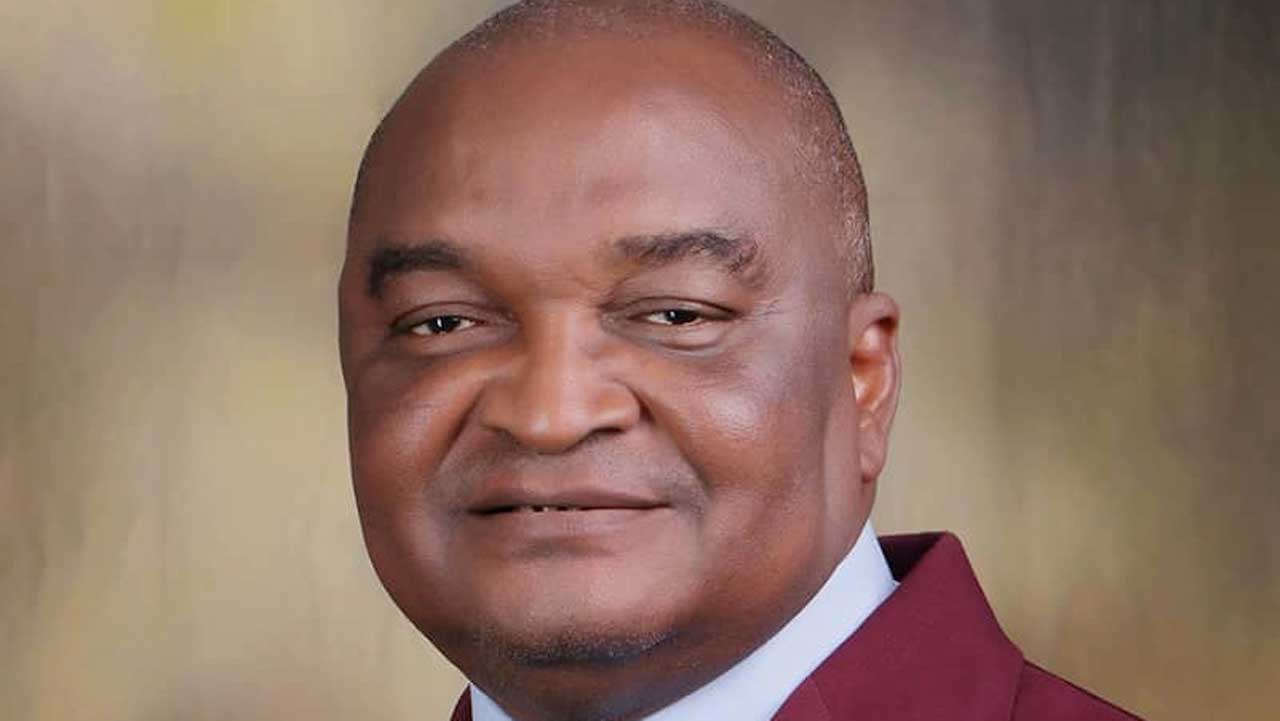Building planning permit rates have yet again taken a leap in the construction and real estate sector in Lagos, following a review of prices by the state government last month, raising fears among prospective home builders and property developers of even harsher times to come under the Sanwo-Olu administration.
The development is coming on the heels of increased financing costs, rising interest rates, and inflation that took the shine off real estate investments. A lot of property developers were forced to downsize portfolios, invest in assets at potentially cheaper levels, and reposition properties to meet shifting consumer demand.
For instance, the exchange rate more than doubled, putting pressure on building material importers and culminating in high prices in the market. Currently, the prices of local building materials, such as wood, tiles, iron rods, and cement have also skyrocketed.
The cost of renovating and developing new homes also rose sharply. The rise in interest rates made it more expensive to finance real estate projects and reduced returns for investors. Expectedly, most landlords and property owners have capitalized on the situation to raise their rents in most parts of the metropolis.
Specifically, The Guardian investigation learned that the review of the permit rates, which is the third in two years, might further dampen the construction industry, as it affects building assessment, special enhancement levy, infrastructure development charge, and stage certification in all Local Government Areas (LGAs).

Prior to the increase, building assessment is N10,000 for one to 650 square meters and N4,000 for subsequent 1,000 square meters for all areas, while stage certification is 35 percent of building assessment and registration and application N5,000 and N25, 000 respectively for all areas. The renovation fees are 25 percent with a former permit and 100 percent with no proof of a former permit.
Town planners said the rates would add to the overall cost of construction, and disrupt budgeting or financial plans, particularly as the rates are made retroactive. The new rates will lead to an increase of between 15 and 20 percent in documentation, which is part of stage one of the construction budget. Ultimately, investors or developers will have to increase rents on the development, whether residential or commercial to be able to amortize their investment.
Besides, the prices of the sale of properties will also be affected, as some developers may not apply for planning permits due to the high cost. This has been the situation even before the rates were increased. Many developers, particularly single dwelling owners in LGAs like Badagry, Epe, Ibeju- Lekki, Ikorodu, and others have put up buildings without planning permits.
President, of the Nigerian Institute of Town Planners (NITP), Nathaniel Atebije, said the immediate implication of the hike is that it may encourage illegal and poor construction activities. “Developers will, more than ever before, cut corners, and procure permits through fraudulent and corrupt practices, especially in Lagos, where we do not have enough personnel and equipment to monitor developments.

“The frequent increase in approval fees is counterproductive to housing development in a country where the housing deficit is so high. The increase will create more difficulties for monitoring and control in Lagos,” Atebije said.
He exonerated planners in government for the increase. “They may, however, be coerced into accepting it, if only to keep their jobs or positions. Government, which is to provide services to people for social benefits, has been, in recent times, guided by some consultants to commercialize every one of its activities.”
According to him, planning is a social service, which the government owes its populace. “It is a fundamental right of citizens to be given organized space to live, work and play; and this should apply to all classes of people. Anything outside this is inconsistent with the rights of citizens. If other states follow the steps of Lagos in this matter, then hopes for the less privileged will be depleted in terms of living in decent environments.
He said: “Approval fees should be as low as possible to encourage developers to come up with genuine intentions to develop. All that government staff does in the building development process is review development proposals and assess their compliance with established space and construction standards. In a situation where the cost of reviewing designs completes with the cost of conception and detailing the design shows that a basic error exists.”
Atebije envisages that the state would spend more money to undertake urban renewal programs in the future because of the imminent possibility of urban sprawl and squatter settlements.
He advised the government to encourage development by making approval fees affordable and later put a tax on the development when it is put into use for the lifetime of the building. “Property tax may be more rewarding than raising approval fees,” he added.
The Chairman, of the NITP Lagos chapter, Mr. Tayo Awomosu, said the development was a bad decision by the government, warning that it will affect the construction sector negatively. He said the new rate is a big disincentive to developers and construction, as it will make properties to be more expensive
Awomosu said: “We have been looking at it and feel that it is a very bad decision because planning above all things, is a social service and not a commercial venture. Now doubling acceptance fees and other charges for planning permits is bound to negatively affect the construction sector.
“It is an arbitrary increase and does not conform to what is in the regulations. It is also retroactive because if you filed your application five years ago and you have not received your permit, you will still have to pay the fee even if you have paid the previous assessment. You have to pay on top of that to match up with the current one. Any retroactive law is bad.”

According to him, in the long run, the rate will have a detrimental effect on the construction sector, as more people will disobey planning laws. This, he said, may lead to a degenerated environment and make town-planning offices begin to chase illegal development all over the state.
He said: “If it becomes difficult to match the pay, people may build without a planning permit. There will be more illegal development because marginal developers won’t be able to pay and they may feel it is better to develop illegally and face the consequences. Citizens will also be subjected to all kinds of sanctions and difficulties.
“We want more properties developed for people to be better housed. You can imagine that somebody wants to develop, which is an aspiration but the government collects its own money upfront. For the government to ask you to first bring money before a person can develop a project is a disincentive and will have long-term implications for the sector.”
The President, of the Association of Town Planning Consultants of Nigeria (ATOPCON), Mr. Muyiwa Adelu, said the government needs to follow its own law, as the Lagos State’s Physical Planning Permit Regulation 2019, stated how much government should charge for permits, emphasizing that the sudden and arbitrary charges is reckless and against the law.
He said implementing the charge across the state would have an adverse impact specifically on housing production, which will be low and can be worsened by the effect of fuel subsidy removal.
Adelu said the government should have a rethink on the matter, adding that the government can increase but it must be gradual.
The ATOPCON President said the new development might trigger increased activities of recalcitrant developers or persons, who will do everything to evade payment for permits, thereby encouraging illegality in all its forms including the growth of illegal constructions in the state.
“The government does not even have enough manpower to monitor development in Lagos and how are they going to monitor those getting involved in illegal developments?
“Every citizen must have access to housing and if the government is not providing enough and the private sector is doing that, the government must not sniff life out of them. Beyond increment, the government must make life easier for the people, ” Adelu said.
He, therefore, advised the government to ensure wide consultation on the matter with relevant stakeholders before implementation, encourage a level playing ground for everybody, as well as pay more attention to the provision of adequate infrastructure in the state.
The Deputy Director, of Public Affairs, Lagos State Ministry of Physical Planning and Urban Development, Mr. Muikaila Sanusi, told The Guardian, that he does not have information on the issue, while efforts to get General Manager, State’s Physical Planning Permit Authority (LASPPPA), Mr. Kehinde Osinaike proved abortive, as he failed to return calls and respond to messages sent to him.
READ ALSO: Dikko appoints Dangiwa Secretary to Katsina State Government
Source: guardian.ng





